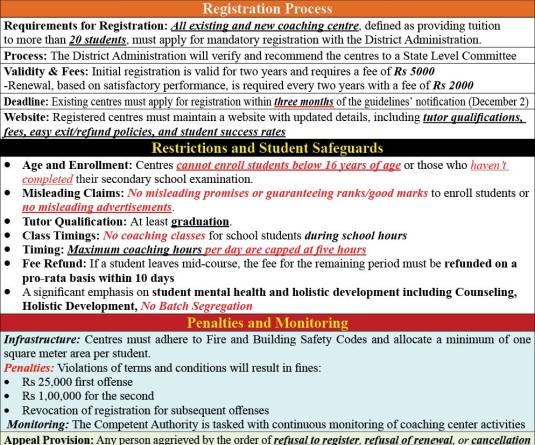
DIMAPUR, SEPTEMMBER 10 (MExN): Nagaland Pollution Control Board (NPCB), Dimapur organised a workshop on ‘Municipal Solid Wastes & Plastic Wastes Management’ Friday, September 10 at its conference hall, Signal Basti.
The programme was attended by representatives from Dimapur Municipal Council, Chumukedima Town Council, Medziphema Town Council and Ad-Hoc Town Council Purana Bazaar and people involved in plastic manufacturing and sale, besides department officials from the Geology & Mining and Urban Development.
Er. Ritesh Prasad Gurung of Central Pollution Control Board (CPCB), Shillong as the resource person enlightened the gathering with two separated presentation on plastic and solid wastes management.
Chairman of the NPCB, A. Rongsenwati Ao, IFS, in his keynote address remarked on the overall scenario of Nagaland. “As per Annual Reports received waste collection from the community bins is done daily in all the town; however in reality, heaps of wastes are seen scattered in the corners of the streets mixed with plastics and papers”. This he held is the result of garbage falling out of open disposal trucks.
The mode of dumping wastes is also very primitive, he said. More seriously, the wastes are not treated (or bio-medical wastes are not segregated) which pollutes the surrounding area contaminating even water. Plastics, though an indispensable part of life yet poses great environmental hazard if not disposed effectively. “This has become a major challenge for local authorities, responsible for solid waste management and sanitation,” he said.
Despite the ban on use of plastic bags since January 2004, it is still being used extensively by all. A lack of integrated waste management and sanitation, he said is having a negative impact on the environment. In such a scenario recycling of plastic has great potential even here in Nagaland. “Some of the developed countries have already established commercial level resource recovery from waste products.” Developing countries, he held has an advantage for that they can learn from the technologies already available.
According to a document published by the CPCB, Delhi polymer or plastics can be used in road construction – ‘Polymer-Bitumen Roads’. Taking the hint, the NPCB carried out an experiment black-topping its office compound. It is observed that the experiment was a success as the surface was found to be durable even after a lapse of a year.
DMC advisory board member, Er. Vikholie echoing a similar tone said that ‘bio-medical waste’ management has become a serious issue in Dimapur. In this regard medical set-ups here have been noticed, he added. He disclosed that at present Dimapur generates around 90 tonnes of waste matter any given day and the dumping site getting overwhelmed. According to the DMC only around 70 tonnes are being collected daily for disposal. Recycling, he said will play a vital role in such a scenario. “When companies buy back glass bottles, why can’t they take back plastic bottles as well”, he surmised. A pamphlet: ‘To ban or not to ban plastics/polythene’ published by the NPCB was also released today at the workshop. The handout is aimed to create awareness on plastic waste management.





